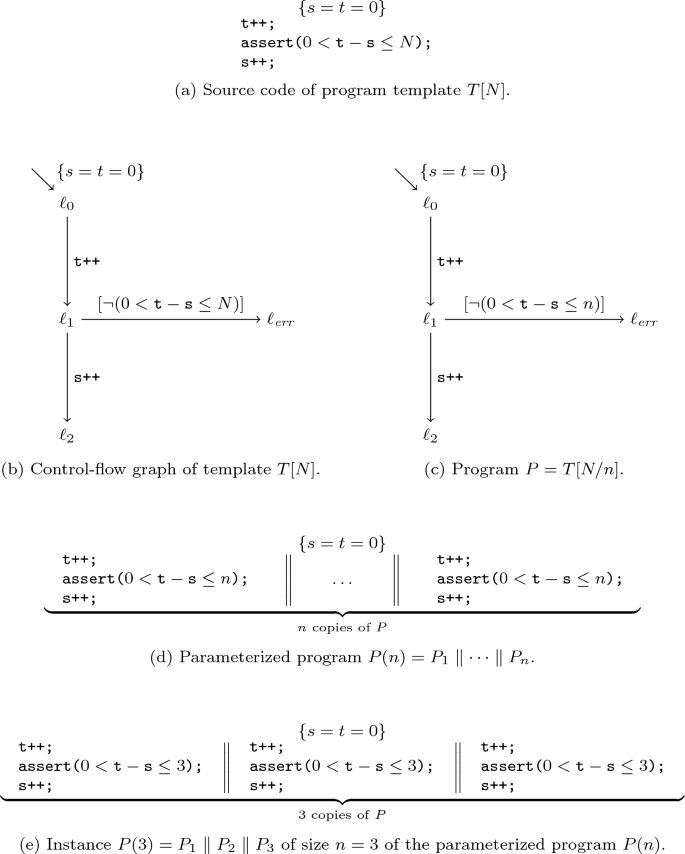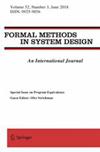Thread-modular counter abstraction: automated safety and termination proofs of parameterized software by reduction to sequential program verification
IF 0.8
4区 计算机科学
Q3 COMPUTER SCIENCE, THEORY & METHODS
引用次数: 0
Abstract
Abstract Parameterized programs are composed of an arbitrary number of concurrent, infinite-state threads. Automated safety and liveness proofs of such parameterized software are hard; state-of-the-art methods for their formal verification rely on intricate abstractions and complicated proof techniques that impede automation. In this paper, we introduce thread-modular counter abstraction (TMCA), a lean new abstraction technique to replace the existing heavy proof machinery. TMCA is a structured abstraction framework built from a novel combination of counter abstraction , thread-modular reasoning , and predicate abstraction . Its major strength lies in reducing the parameterized verification problem to the sequential setting, for which powerful proof procedures, efficient heuristics, and effective automated tools have been developed over the past decades. In this work, we first introduce the TMCA abstraction paradigm, then present a fully automated method for parameterized safety proofs, and finally discuss its application to automated termination and liveness proofs of parameterized software.

线程模块化计数器抽象:通过简化为顺序程序验证来实现参数化软件的自动安全性和终止证明
参数化程序由任意数量的并发、无限状态线程组成。这类参数化软件的自动化安全性和活动性证明是困难的;最先进的形式验证方法依赖于复杂的抽象和复杂的证明技术,这阻碍了自动化。本文介绍了线程模块化计数器抽象(TMCA),这是一种新的精简抽象技术,可以取代现有的重型防护机器。TMCA是一个结构化抽象框架,由计数器抽象、线程模块化推理和谓词抽象的新颖组合构建而成。它的主要优点在于将参数化的验证问题减少到顺序设置,为此在过去的几十年中已经开发了强大的证明过程、有效的启发式和有效的自动化工具。本文首先介绍了TMCA抽象范式,然后提出了一种全自动的参数化安全性证明方法,最后讨论了其在参数化软件的自动终止性和活动性证明中的应用。
本文章由计算机程序翻译,如有差异,请以英文原文为准。
求助全文
约1分钟内获得全文
求助全文
来源期刊

Formal Methods in System Design
工程技术-计算机:理论方法
CiteScore
2.00
自引率
12.50%
发文量
16
审稿时长
>12 weeks
期刊介绍:
The focus of this journal is on formal methods for designing, implementing, and validating the correctness of hardware (VLSI) and software systems. The stimulus for starting a journal with this goal came from both academia and industry. In both areas, interest in the use of formal methods has increased rapidly during the past few years. The enormous cost and time required to validate new designs has led to the realization that more powerful techniques must be developed. A number of techniques and tools are currently being devised for improving the reliability, and robustness of complex hardware and software systems. While the boundary between the (sub)components of a system that are cast in hardware, firmware, or software continues to blur, the relevant design disciplines and formal methods are maturing rapidly. Consequently, an important (and useful) collection of commonly applicable formal methods are expected to emerge that will strongly influence future design environments and design methods.
 求助内容:
求助内容: 应助结果提醒方式:
应助结果提醒方式:


